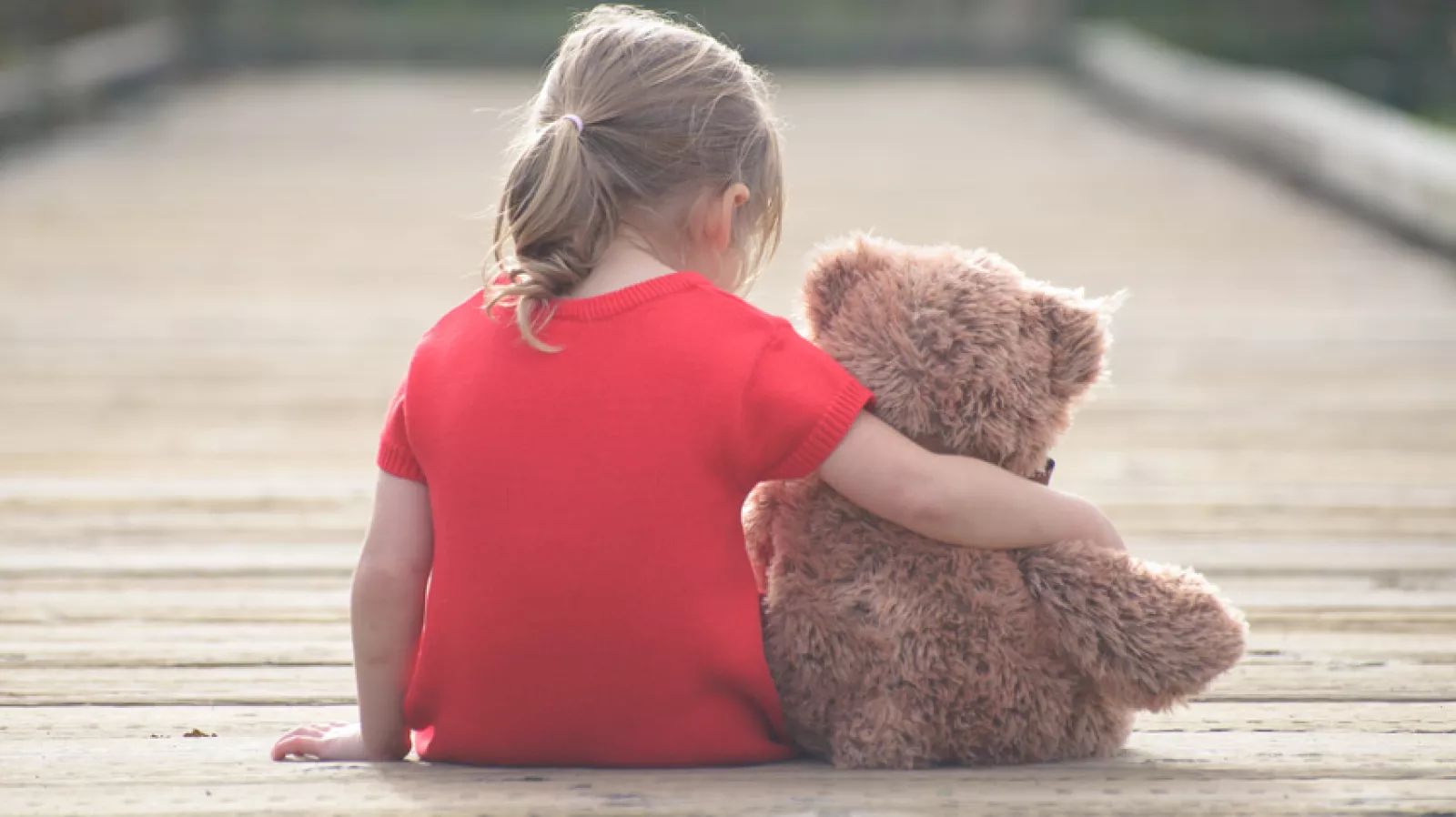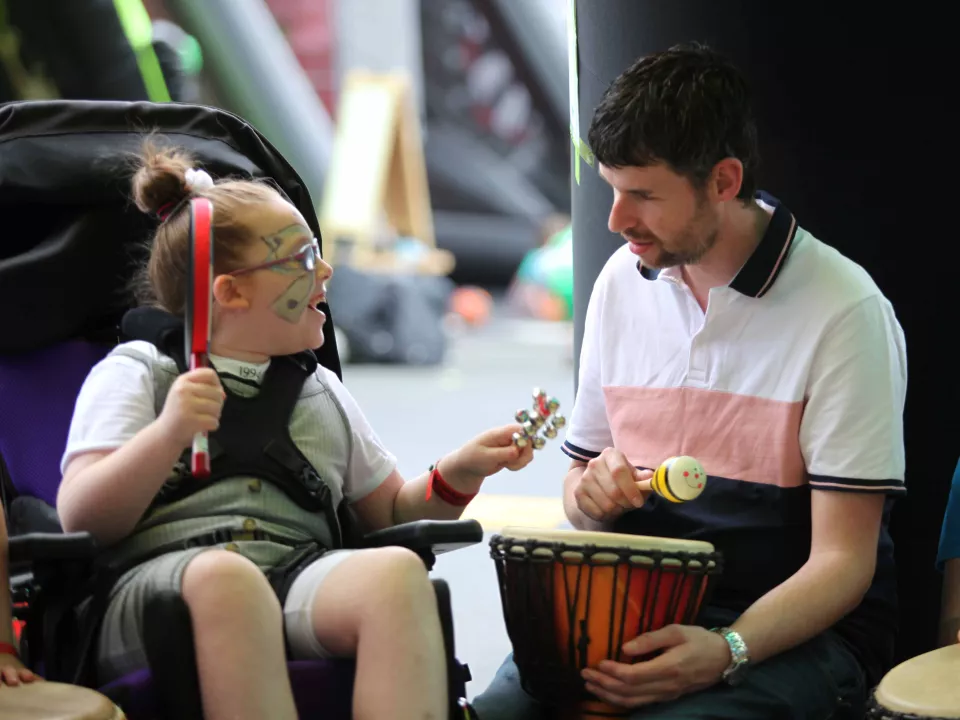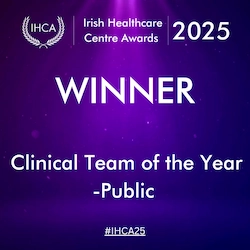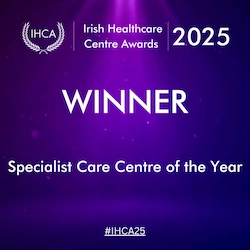
“I knew what it meant to be dead, but I didn’t think it would be for always” - Aged 5 years
As paediatric palliative care develops, the parameters of psychosocial care for these children and their families is being defined. LauraLynn Ireland’s Children’s Hospice is committed to providing a holistic hospice experience for our families; this includes delivering excellence in pre and post bereavement support for families.
For siblings this is fulfilled by creating an environment that nurtures them, promotes shared peer experiences, thus enabling children to connect with their loss. This work is facilitated by our Nursing and Family Support team. One member of the team who specialises in Bereavement support is our Play Therapist, Michelle Hartnett who holds a Masters in Bereavement Studies from The Royal College of Surgeons and was awarded in 2016 the title of Grief Consultant by The University of Middlesex.
“Emotional support for our families in LauraLynn comes in many forms from an openness to listen and answer questions, to regular visits at scheduled therapeutic time. Children and teenagers are given space to explore the creative arts and play activities that permit the child to express their feelings and concerns.”
Siblings are involved with the most difficult and painful of stories through no choice of their own, experiencing at a young age the split between the world that is and the world that should be. In LauraLynn we acknowledge the need for support for the well sibling during their siblings illness and in their death, which can in turn prepare them to process some emotions that they are experiencing and reassure them these feelings are normal.
“My head is filled with sad and angry thoughts, but I have to tell people I’m OK” - Aged 7 years
The question is often asked of professionals what impact the loss of a sibling will have for their child.
Measuring grief and the impact it can have, can be seen to be a controversial issue, Edelman 1994 asks “can we measure the depths of despair with cubic feet or the length of the grieving process with a ruler?”
Focusing on young people in Ireland there is no agreed outcome measure for the impact of childhood bereavement. We do know however through literature such as McCarthy 2005 that “major bereavement does carry the potential for short and long term consequences”. LauraLynn acknowledges that sibling relationships are a crucial axis within a family; they are a subsystem of their own. As professionals we need to articulate a strong mandate to focus on siblings, within their own right, both in the present and to support them in the future. We know that children within a family of a child with a life-limiting illness will live the rest of their lives marked by the experience of profound loss.
“I wish I could bring her back but I would only proper bring her back if she was well” - Aged 5 years
After time has passed, we notice that the surviving sibling looks for ties to those who have died as part of their grieving process through life. These bonds we know can act as a comfort, they can contribute towards a transition from the past to the future and will support coping strategies in their adult life.
"I love to hold his teddy bear when I really miss him, it helps me…" - Aged 10 years
Grief is both an individual and shared experience; LauraLynn adopts a systemic perspective in seeking to support families with anticipatory loss and with their grief. Bereavement involvement by the professional team is an intrinsic component in palliative care.







